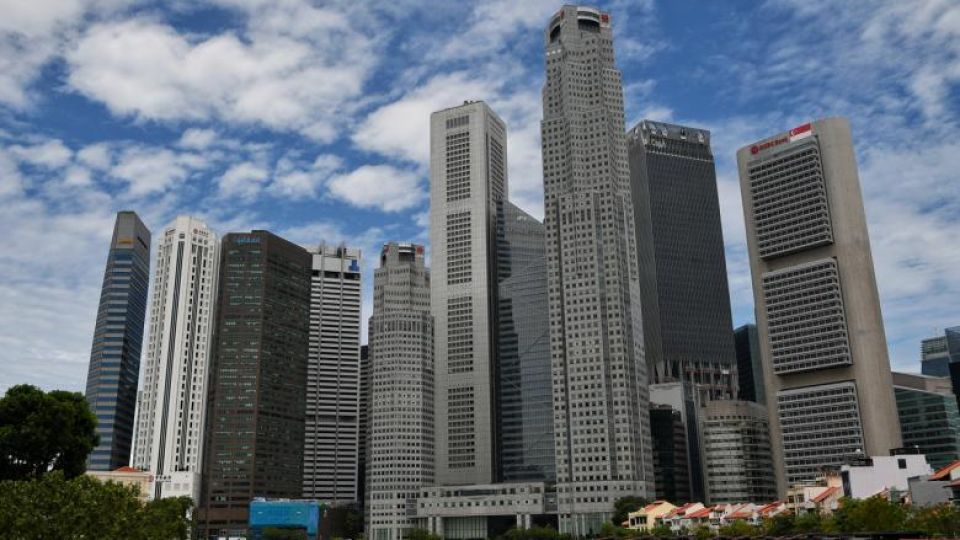January 21, 2022
SINGAPORE – While many businesses in Singapore continue to be weighed down by the pandemic, they are clearly more optimistic than a year ago and are pushing towards a more digitalised future.
This is especially as they look to digital transformation to gain a competitive edge, with firms reporting increased productivity and operations that are better optimised through transformation.
Results from the Singapore Business Federation’s (SBF) National Business Survey 2021/2022, released last month, were shared during the chamber’s seminar on the challenges and opportunities for businesses in 2022 on Thursday (Jan 20).
The seminar was held both online and at the SBF Centre in Robinson Road.
Firms showed growing optimism about the operating environment this year, the survey found.
This comes as Singapore’s economy has been on a positive growth trajectory. Gross domestic product grew 7.2 per cent last year, rebounding from the country’s 5.4 per cent contraction in 2020.
Nearly half – 47 per cent – of the respondents polled said they were confident that the economy would improve in 2022, compared with 31 per cent in the previous edition of the survey. About 87 per cent also said they did not foresee any worsening of local economic conditions over the next 12 months.
Around one-third of those polled said they were negatively affected by the pandemic, compared with 63 per cent the year before.
Among respondents who said they were negatively impacted by the pandemic, nearly 70 per cent predicted that they were likely to take more than a year to fully recover, with only a quarter of businesses confident in bouncing back within the next six to 12 months.
“Although there remains unevenness in recovery across different industries and companies, there is greater optimism for business recovery and growth in the coming year,” said SBF chief executive Lam Yi Young.
He noted that continued global economic recovery is expected and that this would bring exciting opportunities for Singapore firms.
The 14th edition of SBF’s annual survey was carried out from July 26 to Oct 1 last year, and drew responses from 1,096 businesses across various industries.
Businesses wanted more support from the Government in their drive to adopt technology. They also hoped for more government assistance in business strategy development advisory and consultancy services.
These are similar to some of the proposals put forth by professional services firms for next month’s Budget, which include providing tax deduction claims for digitalisation efforts.
The survey found that both small and medium-sized enterprises and larger companies shared similar manpower challenges.
These include rising manpower costs, higher expenses arising from new foreign manpower policies, as well as the challenge of attracting and retaining younger workers.
Across the board, businesses showed a positive hiring outlook for this year, suggesting that they would continue upgrading employees’ skills, knowledge and expertise, with the year also seeing more job openings and better compensation as companies look to build up their human capital.
Businesses also said they are turning towards building a strong local core through enhancing recruitment efforts and offering competitive wages, to address challenges in the tight labour market.
DBS Bank senior economist Irvin Seah, World Bank Singapore director Takuya Kamata and Ms Mary Elizabeth Chelliah, principal trade specialist at the Ministry of Trade and Industry, also spoke about the economic and trade outlook for Singapore and the region during a panel discussion.
Mr Seah noted that the Monetary Authority of Singapore is likely to tighten monetary policy further this year. “That would mean that the Singdollar will be stronger and help to reduce the cost of imported goods. This will also help to soften the domestic inflationary impact overall on businesses.”


